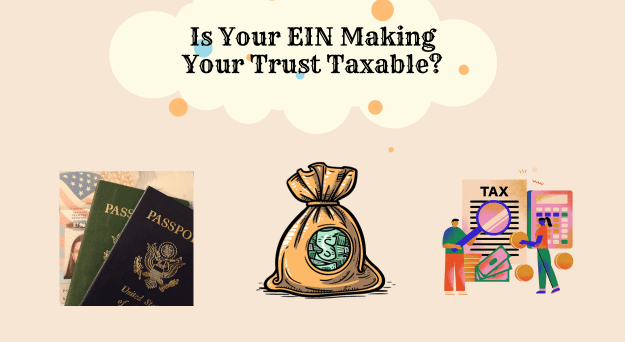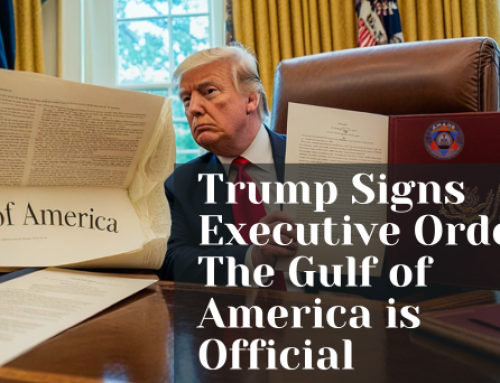The notion that an Irrevocable Common Law Trust is nontaxable is grounded in examples from the USA, but its applicability is believed to extend globally, owing to the universal principles of natural law. Operating on common law principles and influenced by the globally recognized Uniform Commercial Code (UCC), this trust has been discreetly utilized by numerous individuals worldwide, potentially numbering in the hundreds of thousands or even millions. Those who employ this trust structure aim to avoid filing tax returns, paying income tax, facing vulnerability or intrusion into the trust, experiencing asset loss, or encountering legal issues.
Tax agencies do not consider the trust itself as taxable, viewing it as a pass-through entity where the tax responsibility falls on the individuals or entities connected to the trust. However, the determination of whether these individuals or entities are genuinely liable for income tax varies on a case-by-case basis. It’s crucial to highlight that this discussion doesn’t delve into the taxability of entities other than the trust, nor does it offer tax advice. For specific tax guidance, consulting with a knowledgeable tax professional is recommended. The central point emphasized here is the classification of the trust as a nontaxable entity.
A Yale University article examining Commerce and Trusts reinforces the idea that most trusts are treated as pass-through entities, underscoring their appeal as a commercial structure. The article notes that while trusts share similarities with corporations in providing a flexible contractual framework, fiduciary duties, and internal governance for a specific venture, they also offer investors a superior insolvency regime compared to corporate law, coupled with the advantage of pass-through taxation. The detailed article can be accessed through this [link provided].
This specific type of trust, referred to as a pure natural law sovereign irrevocable trust, not only lacks the obligation to pay income tax but also doesn’t require the filing of tax returns, a notable feature owing to its non-statutory nature. It falls beyond the purview of statutory categories subject to filing requirements. In response to inquiries, several letters from the U.S. Internal Revenue Service (IRS) have indicated that a Pure Trust Organization (an Unincorporated Business Trust) is deemed a nontaxable organization without any obligation to file returns, as per the National Office of the IRS.
A meticulously structured Irrevocable Common Law Trust sets itself apart from certain statutory entities benefiting from tax exemption, as it not only incurs no tax liability but also avoids any filing obligations. Unlike a statutory non-profit corporation, which may be exempt from tax payments but is still required to annually submit detailed reports on income, expenses, and justify its exempt status, a well-designed Irrevocable Common Law Trust operates without any filing requirements. Importantly, tax authorities lack the authority to revoke its exemption.
For generations, tax agencies in English-speaking countries have acknowledged Natural Law Trusts as exceptions to filing requirements, as explained earlier. These trusts are not explicitly labeled as “exempt” since that is a statutory term; rather, they are considered exceptions in the sense that statutory filing obligations do not apply to them.
When seeking a tax identification number (EIN) for banking purposes for a Natural Law Trust, the IRS issues an online letter stating that “form 1041 must be filed.” However, this directive is irrelevant to a Natural Law Trust as it operates outside the scope of statutory trusts. The IRS does not inquire about the specific trust type when issuing the EIN, using only the adjective “irrevocable,” applicable to both statutory and non-statutory trusts. The IRS’s focus is solely on statutory trusts, with no explicit acknowledgment of non-statutory trusts. Given the IRS’s emphasis on revenue generation, it refrains from addressing trusts beyond its jurisdiction, lacking a category for “non-statutory.” Therefore, those applying for the EIN must be aware of these nuances without explicitly stating them, adhering to the principles of “Don’t ask, don’t tell” and “The only rights you have are the rights you know you have.”
The universal right of individuals to engage in private contracts without external interference is widely endorsed. This principle, exemplified by the U.S. Supreme Court case Hale vs. Henkle (1905), asserts an unrestricted right to enter contracts without government interference, provided no harm is done to others. A Natural Law Trust embodies such a contract, and this principle extends globally. No government worldwide has the authority to violate the universal divine right of individuals to create private contracts and operate accordingly. It’s essential to note that these principles are not confined to the USA; they are universal, with comparable laws and rulings existing in all countries. The United States Supreme Court, in Flora v. United States, has affirmed that the tax system relies on voluntary assessment and payment, not forcible collection.








Leave A Comment